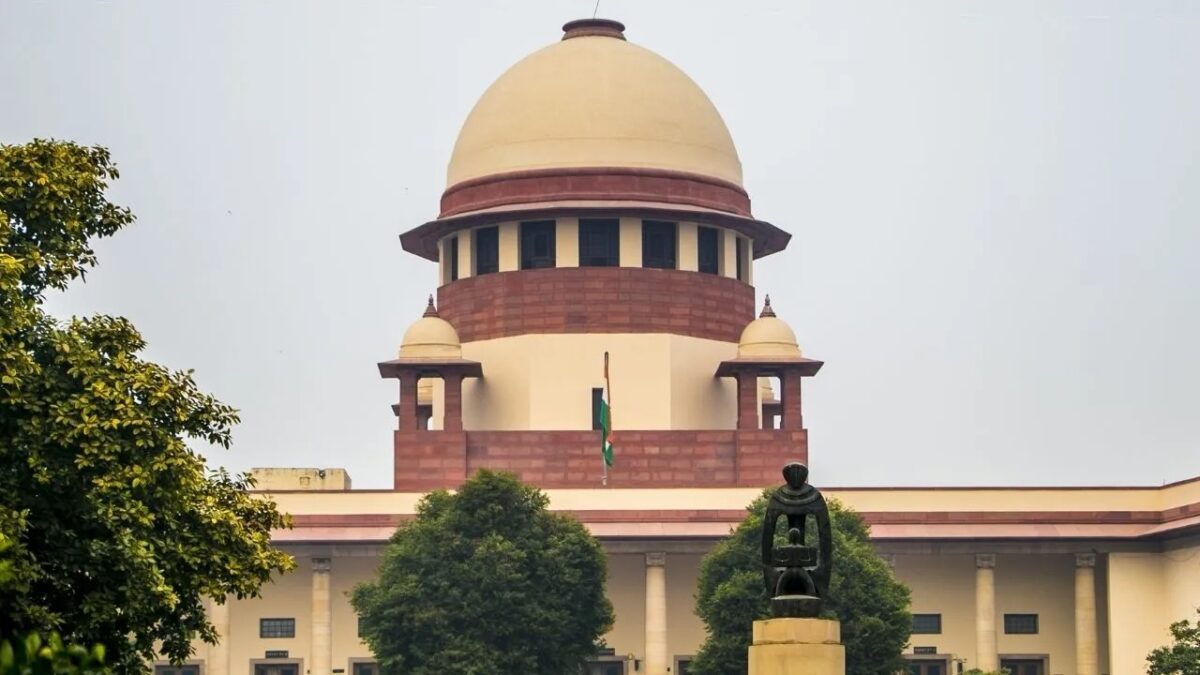New Delhi: In this year’s budget session, the ruling party introduced the Waqf Board Amendment Bill. The Waqf Board Amendment Bill was also passed in both houses of Parliament, Lok Sabha and Rajya Sabha. After the signature of President Draupadi Murmu, it was also converted into law. However, petitions were filed against this in the Supreme Court from all over the country including the Congress party. All these petitions have been heard simultaneously in the Supreme Court. The Supreme Court has imposed an interim stay on the Waqf Board Amendment Bill.
The Supreme Court has banned two sections of the Waqf Act. This is being considered a major setback for the Modi government. The Supreme Court has directed the central government to respond within seven days. The next hearing on the Waqf Board Amendment Act will be held on 5 May. Opposition leaders took an aggressive stand against the Waqf Board Amendment Act. More than 70 petitions have been filed against the Waqf Board. There was a joint hearing on this.
The first action was taken under the Waqf Board Act. This was the first action taken in Madhya Pradesh. This operation was done in Panna, Madhya Pradesh. Here the administration has demolished an illegal madrasa built on government land. Bulldozers were scheduled to be run on this madrasa, but even before running the bulldozer, the director himself demolished the madrasa. The Muslim community itself complained about this madrasa running illegally on government land. When he was investigated, it was found that the complaint was correct. Local people said that Abdul Rauf Qadri is an outsider. He came here ten years ago. He occupied this land and illegally made a madrasa on government land. He started collecting donations in the name of poor children.
According to the new Waqf Board Act, Waqf is a donation given by someone who has been following Islam for at least five years and owns such property. The right to survey the Waqf land will be removed from the Additional Commissioner and will be given to the District Collector or Deputy Commissioner. In addition, two representatives in the Central Waqf Parishad and the State Level Waqf Board should be non-Muslim. Bohra Muslims and Aga Khani Muslims will be allowed to establish separate Waqf Board. Waqfs will be registered in a central portal and database. Major amendments proposed by the Modi government include restructuring Waqf boards, changes in the structure of boards and ensuring their verification before declaring Waqf properties.
The post Waqf Amendment Act Supreme Court hearing: Big news! Supreme Court’s major verdict; Waqf Board Amendment Bill currently postponed first appeared on News India Live | Breaking India News, The Indian Headline, India Express News, Fast India News.
